| Language | English |
|---|---|
| Paper Type | Research Paper |
| Pages | 15 |
Related Products
The State of Israel as a culmination of the Zionist enterprise represents a unique ideological school of thought. To what extent is this ideology compatible with Judaism in general and the philosophy of Chabad in particular?
From its inception, the dream of a modern autonomous Jewish homeland generated both excitement and controversy. How did Gedolei Yisroel and our Rebbeim react at the time? Did the Rebbe’s stance differ in any way from that of his predecessors?
What practical bearing do our ideological differences have? How do we provide our best support for our brothers in Eretz Yisrael while maintaining the integrity of our own principles? How do we navigate Religion and State in Eretz Yisrael?
This paper features a comprehensive overview of the Chabad attitude to the State of Israel, the background and battles of Zionism, ischalta d’Geula, and a host of related topics, including many practical hora’os from the Rebbe.
People often comission the writing of a Sefer Torah, either in the memory of a loved or for the merit of those who are living. Why is this a most worthwhile segulah?
One of the biggest horrors of war is the damage it inflicts on innocent people. But collateral damage is inescapable. What is the Jewish view of this painful reality? Where is the line between acceptable and immoral? Is the killing of innocents ever justified?
May the Bima be placed in front of the Aron? May it be placed between the men and women sections?
One of the virtues most lauded in Judaism is modesty and simplicity. Yet when it comes to building a Shul, we strive to make it as extravagant as possible. Examine this seeming contradiction in a paper analyzing the importance of building a Shul.
What is the reason some Shuls have a Ner Talmid? Does Chabad share this custom?
The synagogue has served as the center of gravity for Jewish communities throughout history. While Jews attend Shul first and foremost, to pray, many Shuls typically host all sorts of events and meetings as well. What does the halachah say about a Shul accomodating both social comaraderie and communion with the divine at the same time?
Once the home of the Beit Hamikdash, the Temple Mount endures as
the holiest place on earth. It has also continued to ignite much passionate
debate in Jewish law. May a Jew climb this sacred mountain? Must he? And if he
does, what must he be aware of?
הבנה יסודית במושג הורשת השררה ומינויי הציבור מאב לבנו בספרות התלמוד וגדולי הפוסקים, שופכת לנו אור בדין מינוי תפקידים תורניים וציבוריים, כמו רבנות ושמשות והדומה, בימינו אנו. למען יאריך על ממלכתו הוא ובניו בקרב ישראל.
Land of the free. During the 19th century, unprecedented numbers of European Jews emigrated to the Free World. What are the earliest rabbinic sources that address the challenges facing the new immigrants? Were there any positive sentiments expressed by leading Torah authorities about the freedom and opportunity that America afforded? Also, did King Solomon bring gold from the “Goldene Medina”?
There are few topics more central to modern Jewish life than Israel. Israel’s policies regarding the territories it conquered during Six Day War remain controversial. As an issue that involves the security and safety of millions of Jewish lives, it is crucial to find a sustainable approach. In recent years, with the revolution in Egypt and Israel’s wars with Hamas, the Rebbe’s opinion in this debate has been proven to be ever more accurate, as is now acknowledged by many in the Jewish world and the Israeli establishment. What was the Rebbe’s view, and why is his opinion deemed so vital to addressing this issue?
The sanctity and celebration of human life in Judaism can be said to be commensurate with the aspiration for death amongst our enemies.
The recent headlines reporting that some Israeli MDA first responders provide emergency medical care for injured terrorists, raises some serious ethical dilemmas.
What is the Torah’s position?
A detailed exploration of these laws as they pertain to Bnei Noach and Gerei Toshav; the laws of Lo Sichanem, Rodef, Moser and more.


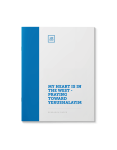
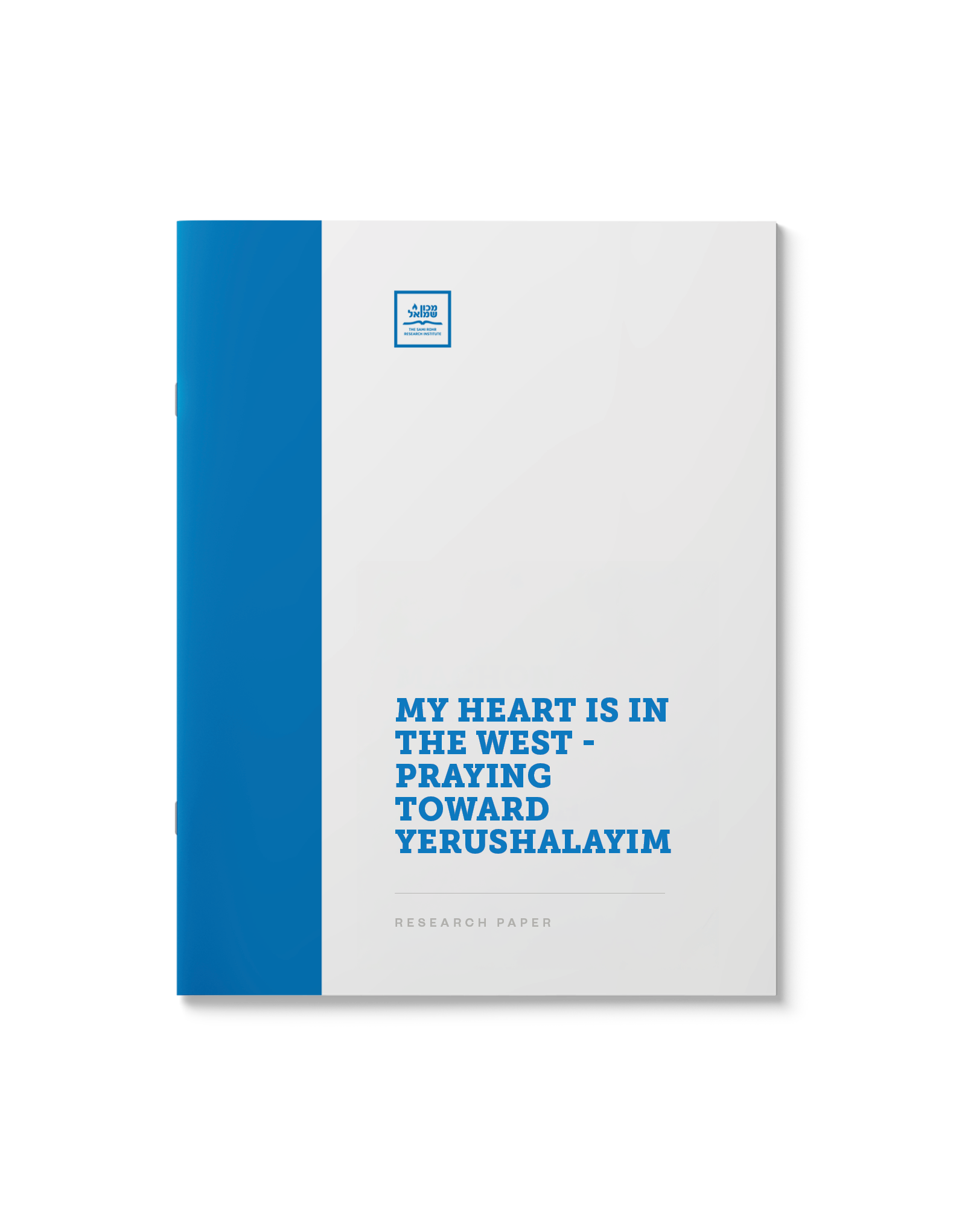

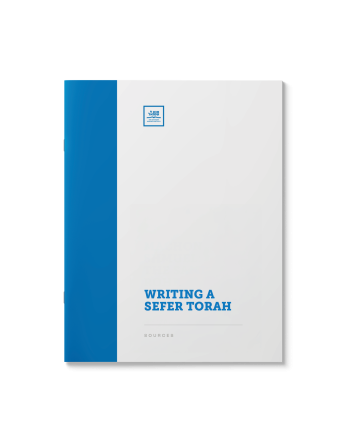
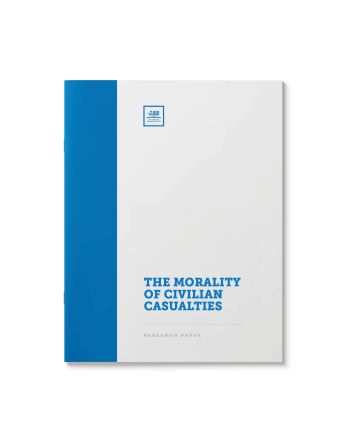
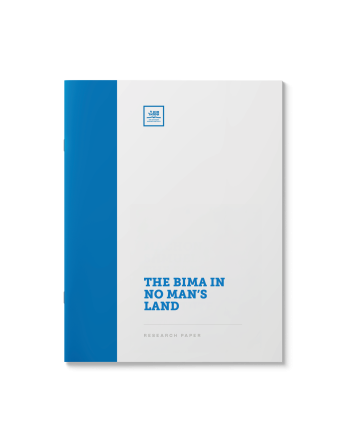
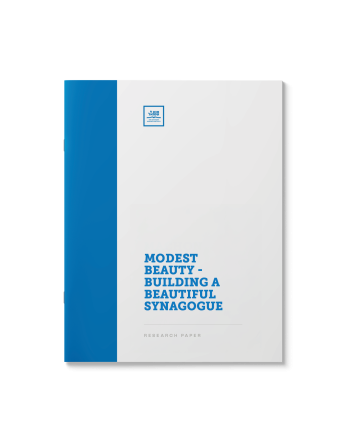
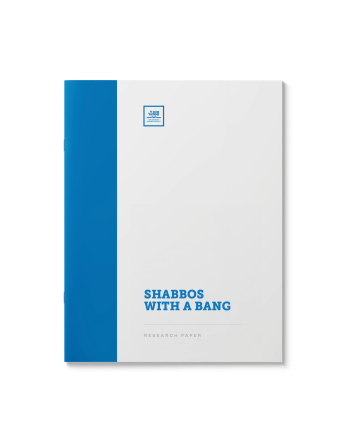
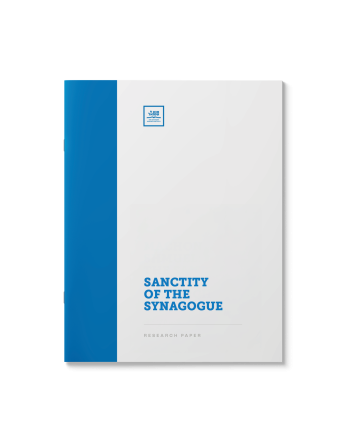
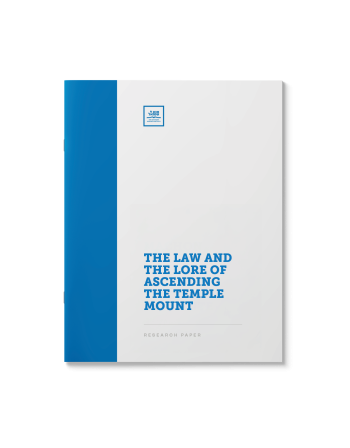
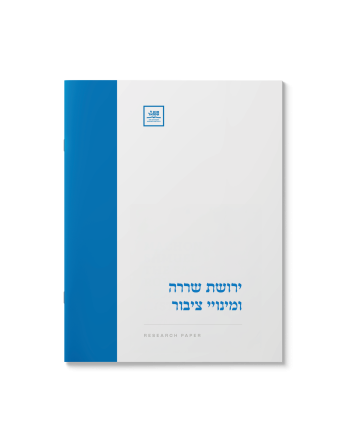
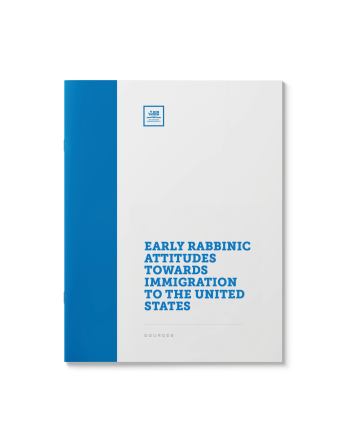
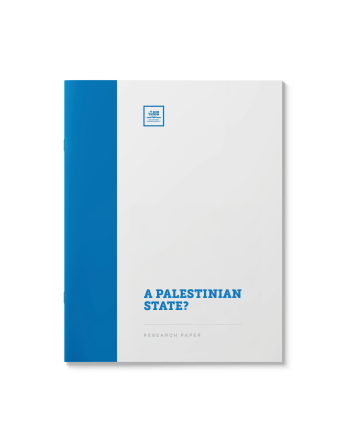
![Medical Intervention for Terrorists - To Treat or Not to Treat? [New!]](https://catalog.myjli.com/wp-content/uploads/2025/05/SAMSMIT-350x448.png)